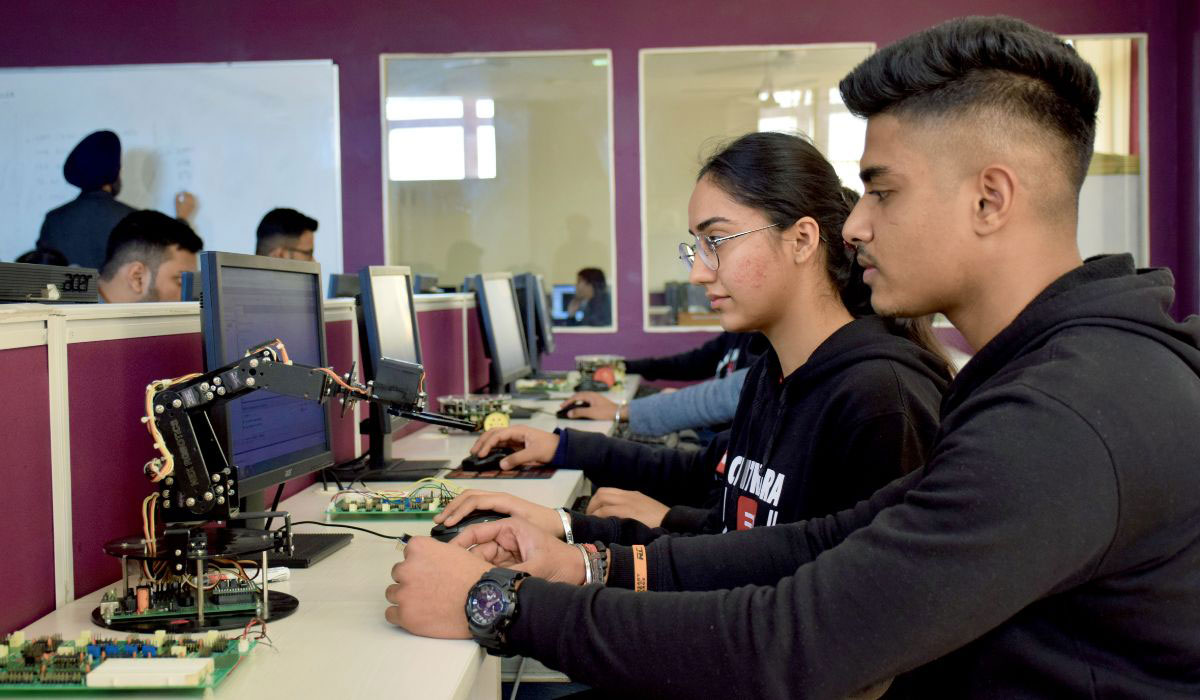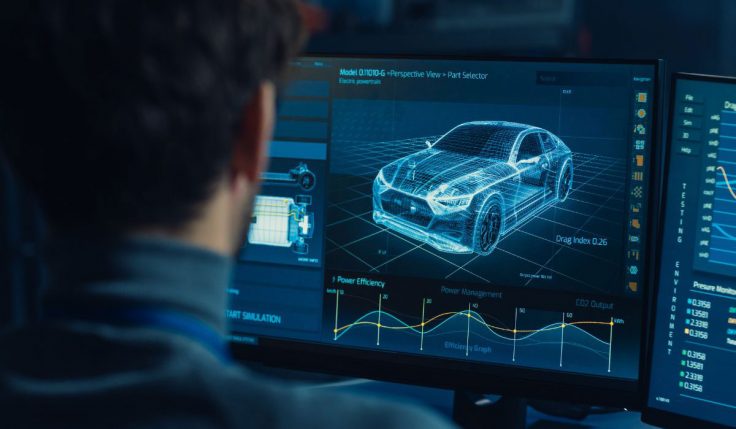Automation has become the cornerstone of innovation in today’s quickly expanding technology world, altering sectors and reshaping the future of employment. The demand for qualified workers in this industry has increased as firms increasingly rely on automation to improve efficiency and productivity. Because of this increased need, a new breed of engineers has emerged: Automation Engineers, who play a critical role in solving IT automation demands across diverse industries.
Understanding the Role of Automation Engineers
Automation Engineers are highly trained specialists that design, develop, simulate, and test automated machinery and processes to ensure they work exactly as intended. Their specialty is in integrating cutting-edge technology with current systems, allowing for seamless automation in areas such as manufacturing, healthcare, transportation, and information technology.
Specialization in Electrical Engineering – Industrial Automation Program
For students aspiring to embark on a career in automation engineering, pursuing a specialization in Electrical Engineering – Industrial Automation is a strategic choice. This specialized program equips students with a comprehensive understanding of electrical systems, control systems, robotics, and computer programming – all crucial components of automation engineering.
Key Aspects of the Electrical Engineering – Industrial Automation Program
Electrical Systems: Students delve into the intricacies of electrical systems, gaining knowledge about circuits, power generation, and distribution. Understanding electrical systems is fundamental for designing automated solutions.
Control Systems: This area of study focuses on control theory, which is essential for creating systems that regulate processes and ensure optimal performance. Students learn about feedback loops, stability analysis, and controller design.
Robotics: Robotics forms a vital part of industrial automation. Students learn how to design and program robots, enabling them to automate tasks in manufacturing, assembly lines, and even healthcare.
Computer Programming: Proficiency in programming languages such as Python, Java, and C++ is essential for automation engineers. Students develop coding skills, enabling them to write algorithms and scripts for automation processes.
Meeting the Needs in IT Automation
In the realm of Information Technology, automation is a game-changer. Automation Engineers specializing in IT automation focus on streamlining IT processes, enhancing network security, and optimizing data management. They develop automation scripts to automate repetitive tasks, ensuring accuracy and efficiency.
By integrating IT automation needs with their specialized skills, these engineers contribute significantly to the seamless functioning of IT infrastructures in various organizations.
Also Read: The Impact of Automation on Engineering: Will Robots Take Over?
Career Opportunities and Growth
The demand for Automation Engineers with expertise in IT automation is consistently rising. Graduates from the Electrical Engineering – Industrial Automation program find diverse opportunities in industries such as:
Manufacturing: Optimizing production processes, enhancing efficiency, and ensuring product quality.
Healthcare: Designing automated systems for patient monitoring, diagnostics, and robotic surgeries.
IT Services: Managing IT infrastructure, automating software deployment, and ensuring network security.
Transportation: Developing automated systems for autonomous vehicles, traffic management, and logistics.
Students seeking a specialty in Electrical Engineering – Industrial Automation are well-positioned to meet the demands of the future workforce as automation continues to change industries. They become skilled in addressing IT automation demands across multiple sectors by honing their talents in electrical systems, control theory, robotics, and programming. Choosing this specialty gives up a world of inventive options, allowing students to influence the future of automation engineering and have a big impact on the technical environment.
Chitkara University specialization in Industrial Automation within the Electrical Engineering program becomes an unparalleled opportunity for students to shape their future in the dynamic landscape of modern industries. After completing the 4th semester in B.E.Electrical Engineering at Chitkara University, students have the chance to immerse themselves in this cutting-edge field. Industrial Automation is not just a career choice at Chitkara University; it’s a transformative experience that equips students with the skills and knowledge needed to meet the demands of the industry.
Under this specialized program at Chitkara University, students gain a comprehensive understanding of automation, covering essential areas such as electrical systems, instrumentation, control systems, and green technologies. With Chitkara University’s industry-oriented approach, graduates specializing in Industrial Automation are not only armed with theoretical knowledge but also practical skills directly applicable to real-world scenarios. These graduates find themselves in high demand across sectors such as Airport and Cargo Management, Railways, and Manufacturing Industries, making Chitkara University a hub for producing skilled professionals in the field of Industrial Automation.
By delving into the specialization of Industrial Automation at Chitkara University, students embark on a transformative educational journey. This program not only opens doors to promising careers but also empowers individuals to contribute significantly to the ongoing evolution of industrial automation. With Chitkara University’s collaborative approach and industry connections, students are well-prepared to make a lasting impact in the world of automation, ensuring a fulfilling and impactful professional journey.






